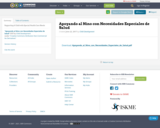
Supporting A Child with Special Health Care Needs

Supporting A Child with Special Health Care Needs
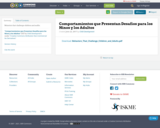
Behaviors that challenge children and audlts.
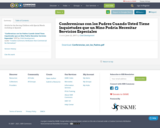
Article for the Serving Children with Special Needs workshop in Spanish
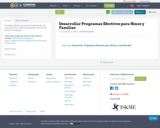
Developing effective programs for linguistically and culturally diverse children and families. Based on One Child, Two Languages
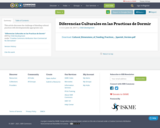
This article discusses the challenge of blending cultural practices with developmentally appropriate care.
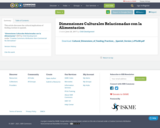
This article discusses the cultural implications of feeding routines in spanish.
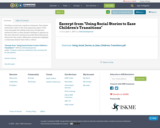
Creating a social story requires 4 elements:
Descriptive statements relate to the most important aspect of the story and guide the telling of the story. Perspective sentences refer to other people's feelings or opinions in the story. Directive sentences provide literal behavioral choices for the reader. Affirmative statements highlight a commonly shared value with a culture.
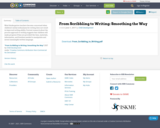
Most kindergarten teachers become concerned when children's initial enthusiasm for writing does not result in improved writing ability. Current research about the process approach to writing suggests that children will make progress if they are provided the time, materials, information, and freedom needed to manipulate and invent meaningful written language.
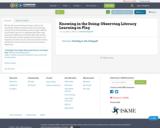
We use the term knowing in doing to refer to the knowledge children spontaneously use in their play activity. In the richly detailed context of play, children do not think, then act, as i planning their play some sequential, deliberate way. Rather, their play activity stems from the creative synergy of the moment. It is shaped by the here and now, the just-previous activity, and all sorts of ideas and notions accrued from past experience.
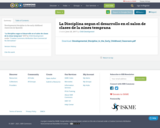
Developmental discipline in the early childhood classroom (in Spanish)
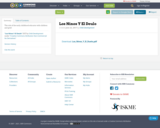
The role of the early childhood educator with children and grief.
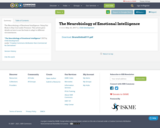
The Neurobiology of Emotional Intelligence: Using Our Brain to Stay Cool under Pressure.
This article gives details on how to use the brain to adapt to different circumstances.
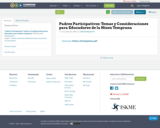
Engaging Fathers
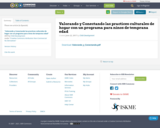
Please see article (in Spanish)
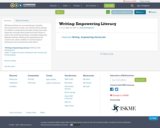
Writing activities are an essential part of quality literacy practices in early care and education settings. As children communicate through writing, they learn important concepts about books and other forms of print in the world around them, including writing and alphabet systems. Writing, like speaking and the creative arts, allows children to actively express themselves and communicate with others.

Early educators report that one of their biggest challenges is supporting young children who have problem behavior beyond what might be expected. Some engage in behavior that is typical of a particular stage of development as they build relationships with peers and adults and learn to navigate the classroom environment. The foundation for universal practices begins with nurturing and responsive care giving that supports children in developing a positive sense of self and in engaging in relationships with others.